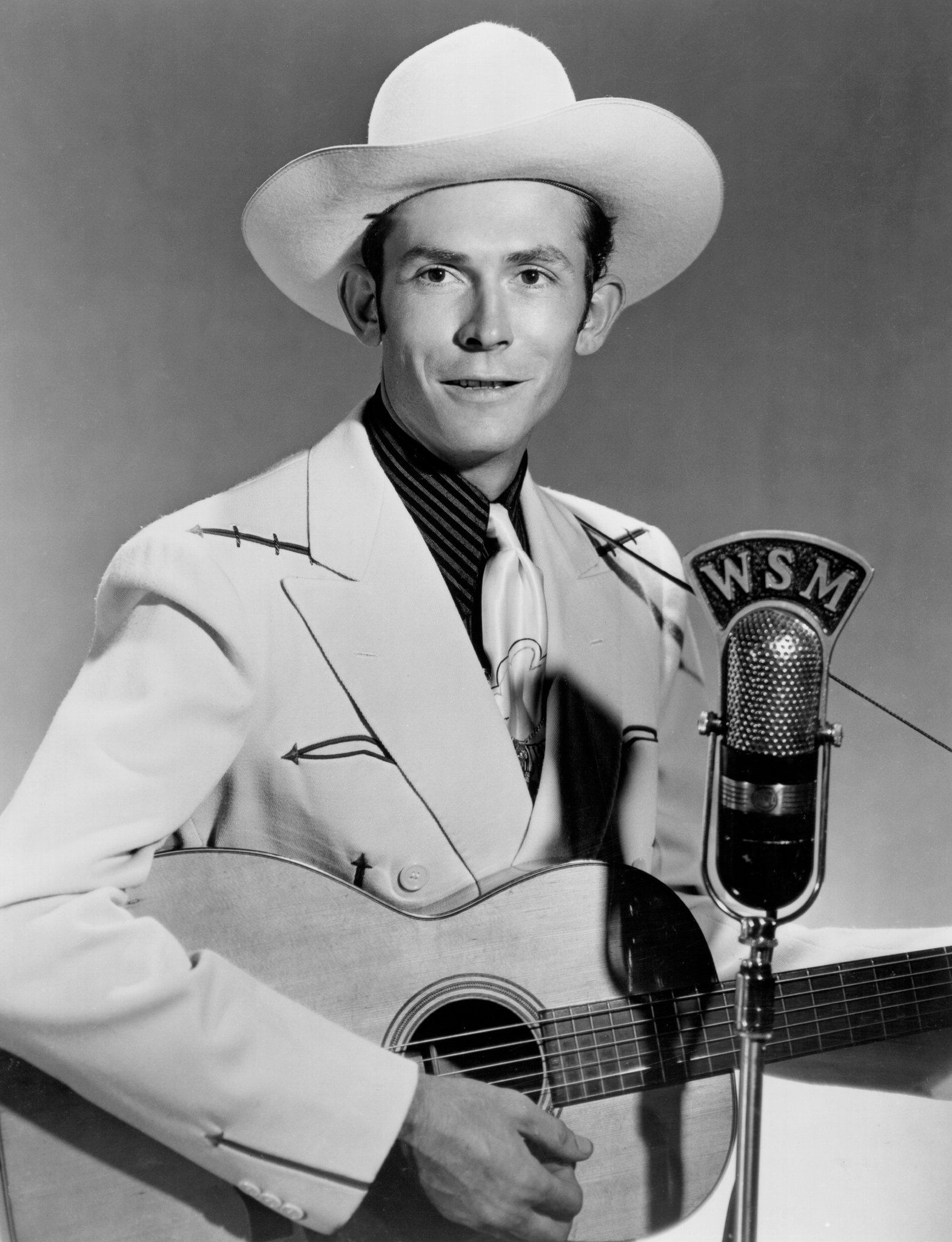
Some years ago, Lisa and I attended the County Music Awards in Nashville, Tennessee.
The CMAs were held in the Bridgestone Arena in downtown Nashville. The venue holds some 20,000 people, and of course, all seats were taken. The CMAs are a very popular event. So popular, in fact, that ABC broadcasts them live.
From our seats up in the nosebleed section, we could see the vast array of cameras that ABC had set up for the live broadcast. Clearly, they had invested a fortune in the show, and I would guess that they also paid a fortune for the rights to air it. They would make their money back on sale of commercial spots.
As we watched the show, we noticed that each time a country western star appeared to perform, at leat 10,000 smartphones went up into the air. Probably more. I am pretty sure that everone in the arena had a smartphone and they had no hesitation in using them.
They were no doubt recording the performances of their favorite stars - whether it was Kacey Musgraves or Kenny Rogers. And each video recording was, of course, a complete violation of copyright law.
Interesting, they could also have livestreamed the event to a billion people on Facebook. Why not? The technology is here.
This morning, the New York Times ran an interesting article on the problem.
Joshua Henry, the star of a new Off Broadway musical called “The Wrong Man,” had tried repeatedly to signal his disapproval to the man in the onstage seating who was using his smartphone to capture his performance, but he wasn’t getting through.
By the third song, Mr. Henry had had enough. So he reached into the seats, deftly grabbed the phone out of the man’s hand, wagged it disapprovingly, and tossed it under a riser — all mid-song, without skipping a beat. “I knew I had to do something,” he explained later.
Just a few nights earlier, in Ohio, the renowned violinist Anne-Sophie Mutter had stopped playing Beethoven mid-concerto to ask a woman in the front row to quit making a video of her. After the woman rose to reply, she was escorted out of the hall by the Cincinnati Symphony Orchestra’s president, and the music resumed.
But seriously, what can you do? Can you really keep stopping the show every time someone takes out a phone? Should performers prosecute? Should they sue? And what about movies. What is to stop me or anyone else from simply recording an entire newly released film and sharing it on Facebook or YouTube?
Our copyright laws were made in a linear age. But we are now digital, and digital means that reproduction is simple, cheap and in everyone's hands.
How can content creators protect their rights?


